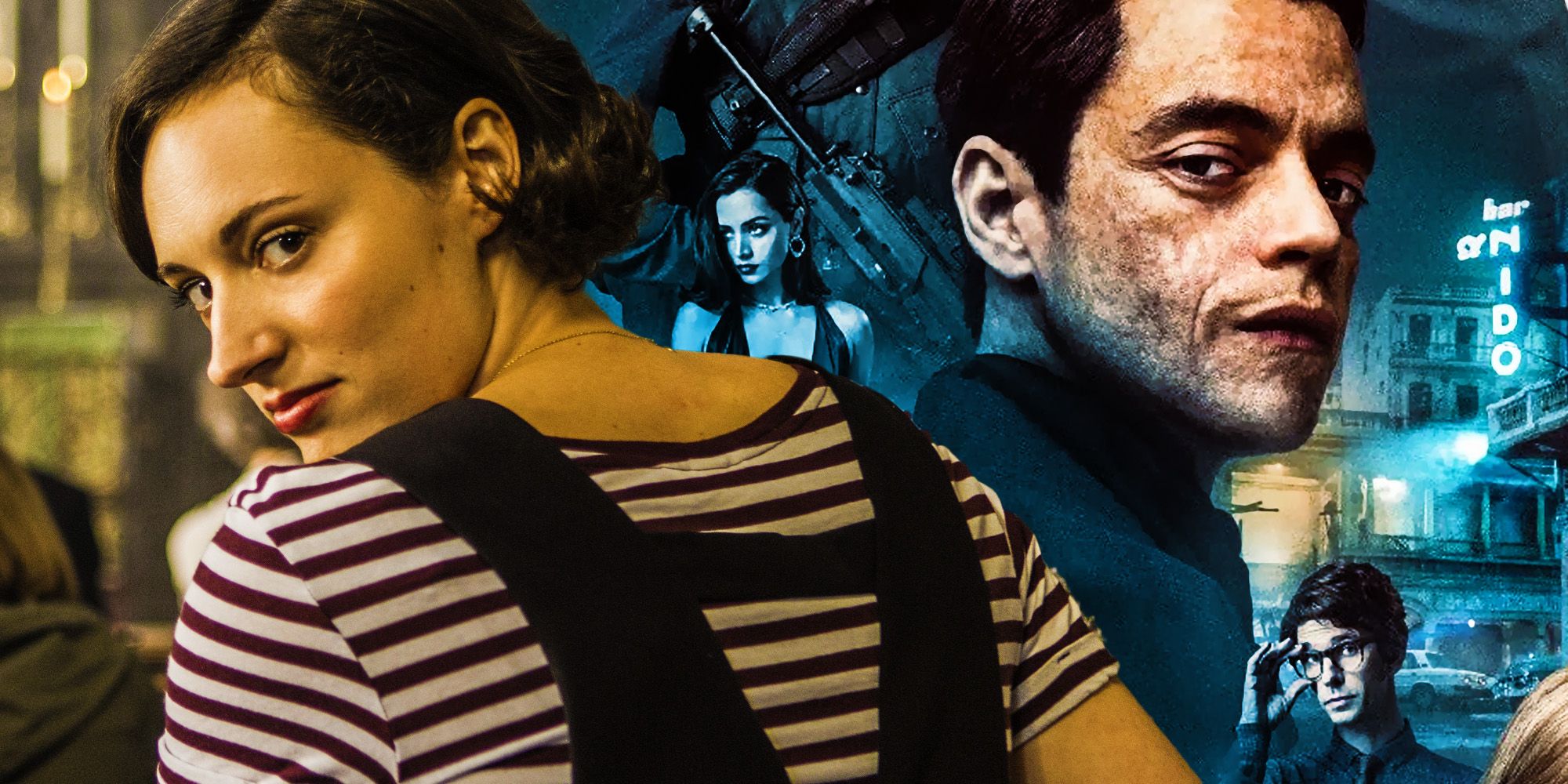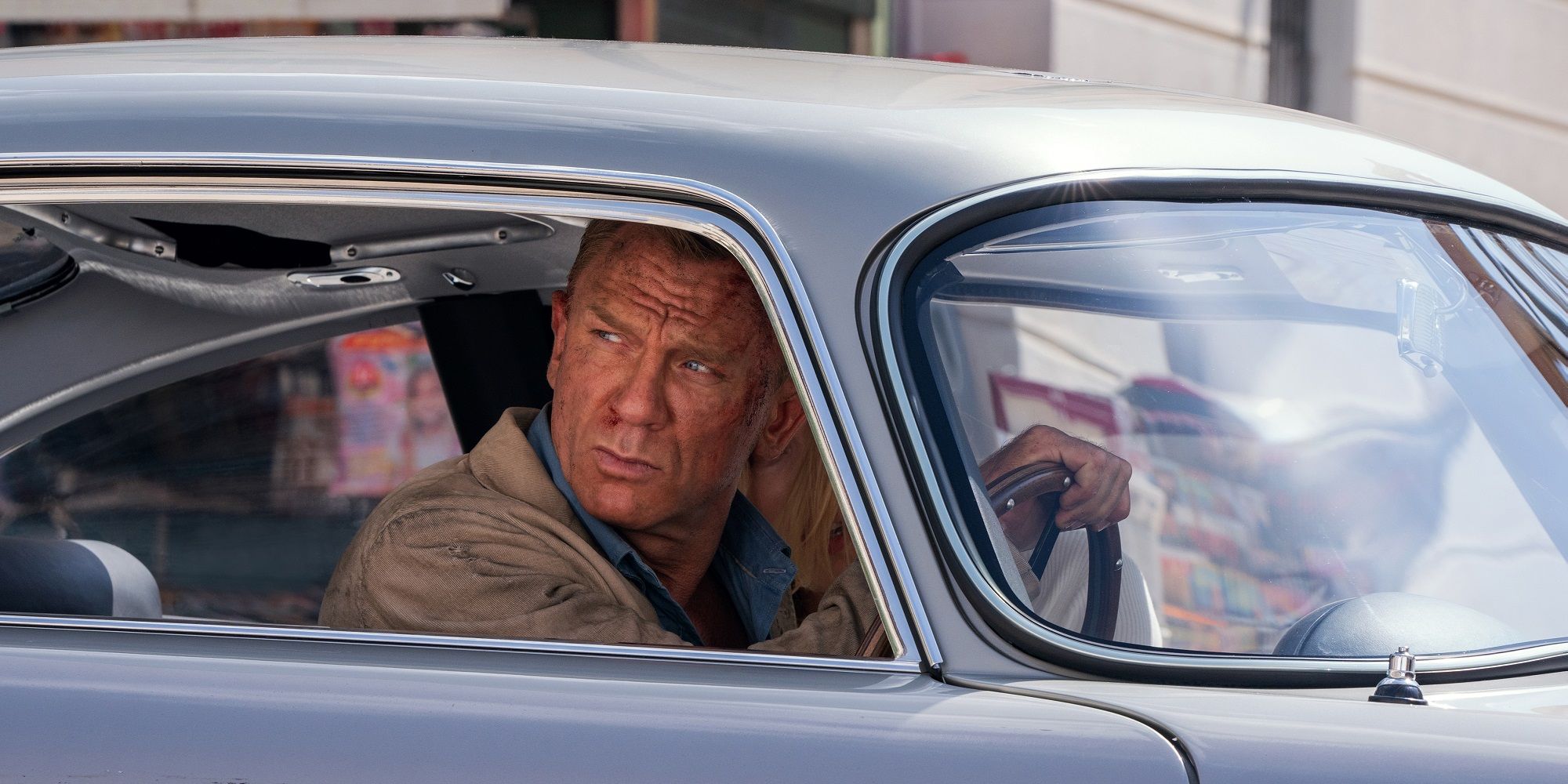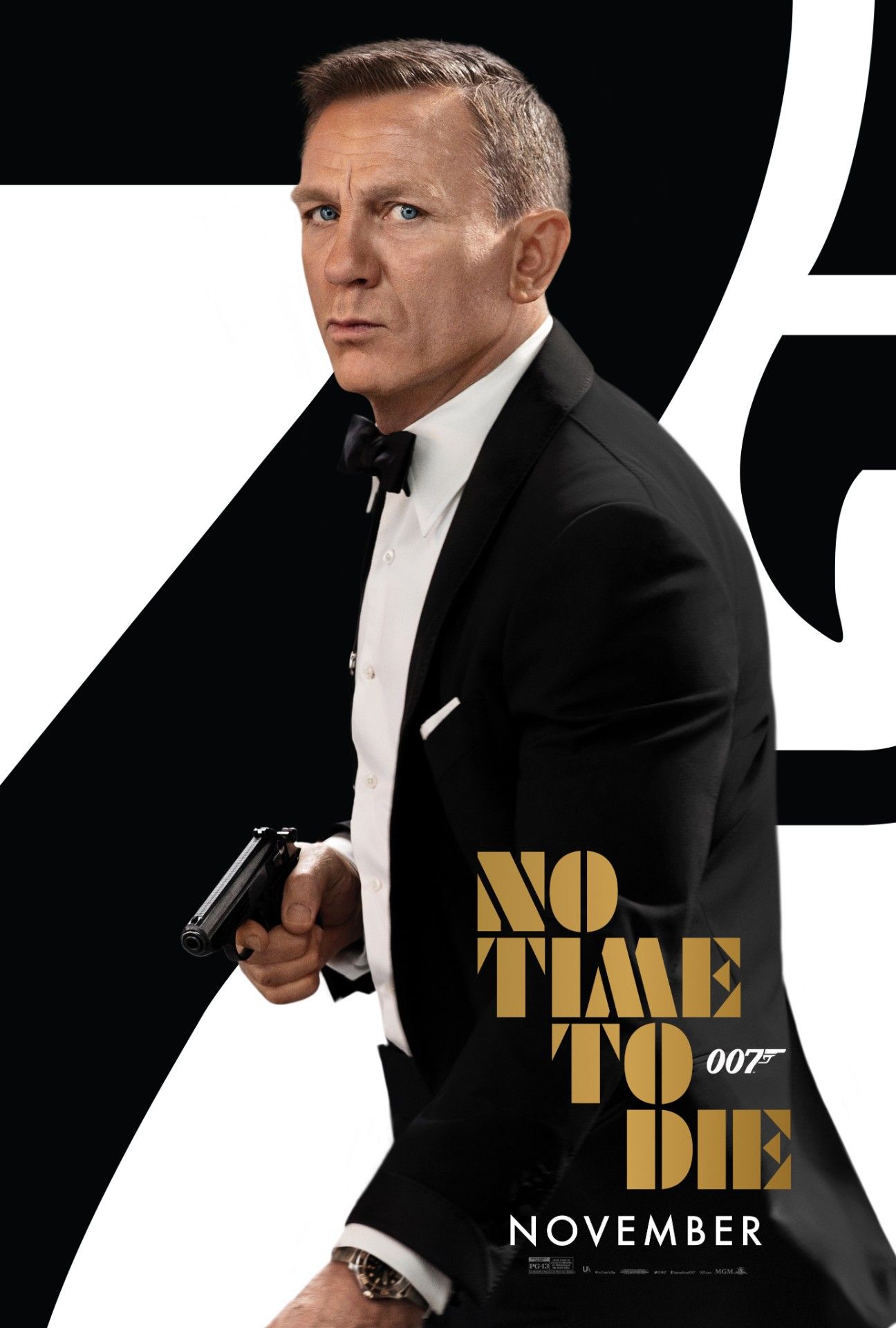Since being brought on to polish the script for the latest James Bond film, No Time to Die, in 2019, fans have wondered exactly what changes Phoebe Waller-Bridge made. The Fleabag creator/star and three-time Emmy winner was hired by the troubled production at the behest of Daniel Craig, who was determined to bring Waller-Bridge’s wit to the film. Since then, a near constant deluge of rumors have circulated, suggesting numerous possibilities.
For some, Waller-Bridge may have seemed a somewhat unlikely choice to write a Bond film. But one needs only to watch some of the 36-year-old’s past work to realize just how talented she is. Though equipped with an excellent knack for the comedic and heartfelt, her work on the Emmy-winning Killing Eve has proven that she’s equally capable of bringing action and adventure to audiences as well. It might be too early to say as much, but the decision to hire her for No Time to Die could prove to be the smartest move the production made. This being Craig’s final outing as Bond, his insistence that Waller-Bridge be brought on to work on the script suggests that he was completely convinced that she was what the film needed.
As questions regarding what sort of changes Waller-Bridge made to No Time to Die’s script persist, EW has provided a little more insight into the situation. During an interview with the film’s director, Cary Joji Fukunaga, the subject of Waller-Bridge’s contributions came up and specifically, the importance of dialogue. Describing the Fleabag creator’s approach to writing scenes and characters as being “almost a science for her," Fukunaga explained:
"There was no script when I joined, it was a complete wipe-the-chalkboard-clean, start over again. Barbara and Michael had some things that they wanted to take place in the story, some characters they were excited about but didn't know what their part was in the story. I sat down with Purvis and Wade initially, and we hashed out a treatment and a screenplay, and I took that screenplay and worked on it a bit myself, and then we brought in Phoebe some time around March, which was when we started shooting. I really like her mind; I really like the way she thinks about character, and especially scenes. It's almost like a science for her. We talked about what we had; I talked about what characters I wasn't happy with yet, and about situation and dialogue. Dialogue is often times the last thing you do, it's the most cosmetic thing, but great dialogue just elevates a scene to a whole other level. So we talked a lot about the different characters and how to sprinkle in some better dialog throughout, and it was a lot of fun actually."
If asked what the most important aspect of a Bond film is, it’s a safe bet that few Bond fans would say dialogue. However, Fukunaga’s point that great dialogue elevates a scene to a whole new level is a very valid point. Perhaps fleshing out the character of Bond and going beyond his license to kill and womanizing ways wasn’t of much importance in the franchise’s earliest entries, but today, finding out who Bond is as a person remains one of the simplest ways to elevate the character. The more understood Bond is, the closer audiences can get to the character, and with that closeness comes the sort of audience investment that only the strongest calibre of films can offer.
After so many delays and problems, whether or not No Time to Die will be a hit is a difficult guess to make. What can be said about the film, however, is that with Waller-Bridge’s talents what they are, there’s a very good chance that the film will have a solid script. The franchise could be about to take a seismic leap into a new era – which is perhaps the perfect way for Craig to depart a series he initially played such a major hand in revolutionizing years before.
Source: EW



